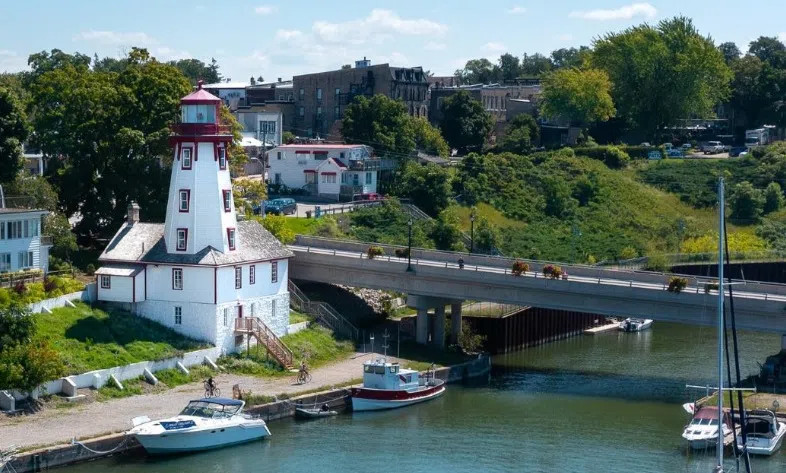Kincardine council has chosen to move ahead with options to implement a municipal accommodation tax, and a licensing program for short-term rental accommodations.
Council heard a report from staff at Wednesday’s meeting, which included options for implementation.
In a recorded vote, council voted 5-3 in favour of moving forward to the next step of getting staff to draft bylaws for consideration.
Councillor Beth Blackwell said that she supported the move to add Short-Term Rental licensing, citing the need for regulation to protect residents and visitors alike. She said that it also helped with getting an idea of how many short-term rentals existed within the municipality.
“[The fee] is done at a cost recovery basis as a recommendation, which is not to make money off of it, it’s to ensure we have a sense of what’s going on with our housing market, as well as supporting tourists coming in because there aren’t [necessarily] any safety regulations at this point,” she explained during the meeting.
The information provided by staff included benefits of licensing short-term rentals, which included the ability to regulate units for things such as occupancy limits, ownership restrictions to prevent corporations from ownership, and mandated fire exits and smoke alarms.
“I want to acknowledge that under our current bylaws and budgeting, our enforcement for bylaw is reactive at best. We lack a comprehensive register to identify every short-term unit that is operating both legally and illegally within our municipality, and our enforcement officers lack the resources to proactively respond, track, inspect, and where necessary, levy penalties and make things safe,” said Councillor Rory Cavanagh, adding that he supported the move to add the licensing program. “It gives us a chance to gather the data that we need and to ensure that all the operators that are choosing to provide accommodations are meeting our safety and zoning standards. And it gives assurances to our residents and people coming from out of town and visiting that we will address the violations swiftly and quickly.”
As for adding a Municipal Accommodation Tax, Blackwell said “I did some further research on that since our last meeting, and there’s another almost 30 municipalities that are look at this. It’s been recommended to them through their tourism organizations to explore this, so I do also support that.”
Blackwell continued that there should be exemptions for properties that would be affected by the MAT.
“I do think it’s important to know both of these we’re voting [for] is not to implement them, but to have staff move on and draft by-laws which we can always walk back if we feel we aren’t comfortable with them. One of the exemptions I was hoping to see in the MAT which I would expect, is any of the shelter stays in our community – the Women’s House, or any of the accommodations provided through Bruce County’s homelessness response program I would like to see those exempted from the program.”
At the August 27, 2025 Council meeting, a report was provided a report to inform Council on the progress made to date regarding the implementation of the Municipal Accommodation Tax, as well as Short-Term Rental Accommodation licensing in the Municipality of Kincardine.
The MAT in Ontario is a tax that municipalities can levy on short-term accommodation, such as hotels, motels, and short-term rentals like Airbnb.
The MAT is designed to ensure tourists contribute to the upkeep and development of the community they enjoy visiting, as well as to reinvest revenues into projects that support tourism, economic growth, and infrastructure improvements.



